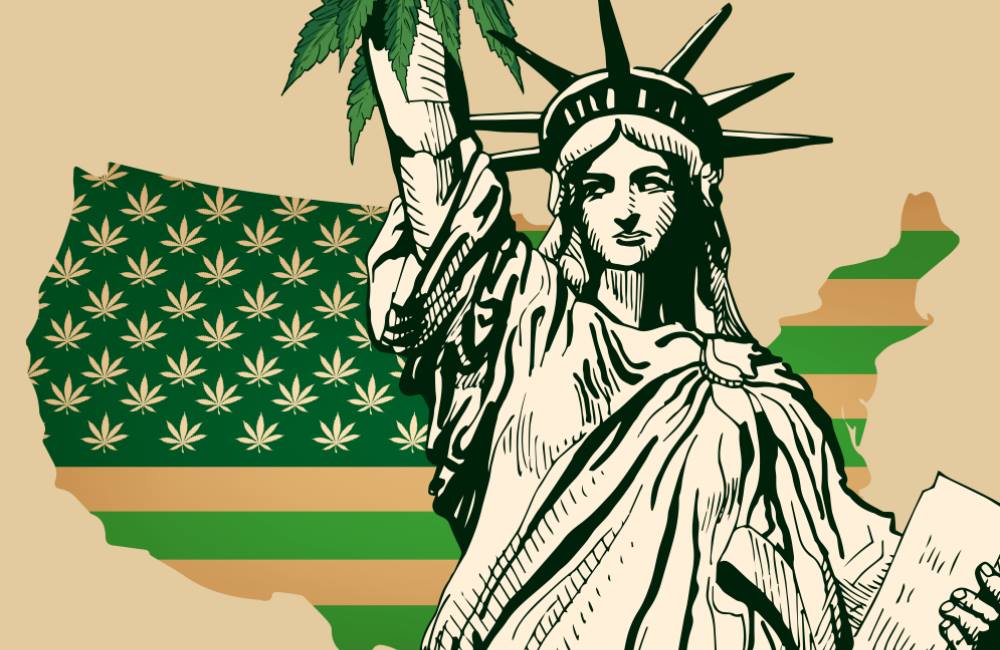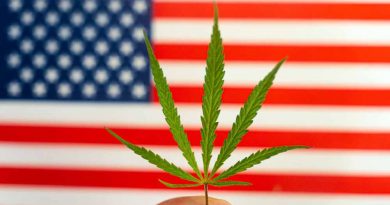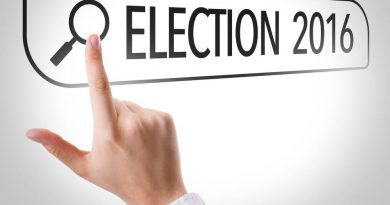When Will the U.S. Make Marijuana Legal Nationwide?
To many observers, the 2018 midterm elections represented a big step toward the United States seriously considering making marijuana legal nationwide in the near future. With Utah, Missouri and Michigan voters all legalizing marijuana, 31 states now allow the sale and use of medical or adult-use cannabis.
How long can federal law continue to make marijuana illegal while voters in more states make it legal? That’s the question the midterm results raised for many.
Make Marijuana Legal Nationwide
“This election proves that U.S. voters are ready and eager for comprehensive cannabis policy reform at the state and federal level,” Aaron Smith, executive director of the National Cannabis Industry Association, said in a statement. “This is no longer a third-rail issue. Members of Congress need to listen to their constituents, allow states to determine their own cannabis policies, and start treating this burgeoning legal industry fairly. ”
Marijuana in the Midwest
The vote in Michigan is perhaps the most important of the midterms. Voters approved the sale and use of recreational marijuana by a comfortable 56 percent to 44 percent margin. Michigan became the first state in the Midwest to legalize marijuana.
The vote made Michigan the first state in the Midwest to legalize adult-use marijuana sales. The Great Lakes State joins Alaska, California, Colorado, Maine, Massachusetts, Nevada, Oregon, Vermont and Washington in making adult-use marijuana legal. The District of Columbia has also legalized recreational cannabis.
Legal recreational marijuana sales are expected to start in Michigan in early 2020.
Two other states legalized medical marijuana: Utah and Missouri. In Utah, the measure passed by a 52.7 percent to 47.3 percent margin. In Missouri, voters had to cast ballots on three different medical marijuana ballot proposals. Amendment 2 won, by a margin of 65.5 percent to 34.5 percent.
The only outlier was in North Dakota, where 59.6 percent of voters rejected a proposal to legalize recreational sales.
National Acceptance
The election results came on the heels of a new Gallup poll released in October that found 64 percent of respondents agree on making marijuana legal nationwide. That’s the highest support for legal marijuana ever recorded by Gallup in almost a half century.
Notably, the survey found 51 percent of Republicans favor legalization. That’s the first time the survey has found a majority of Republicans favor legalization.
In terms of making marijuana legal nationwide, the possibility of at least considering a legalization bill in the House of Representatives also improved after the midterm election. Pete Sessions, the Texas Republican who chairs the House Rules Committee, had been blocking votes on cannabis amendments. He lost in the midterms to Democrat Colin Allred.
One of the significant factors in the marijuana debate is that legalization is being driven by ballot measures, not politicians (with the lone exception of Vermont). As author Ryan Stoa told Wired: “One of the interesting political dynamics of cannabis legalization is that it’s happening in almost every state by ballot initiative. Meaning, it’s not as if legislators are reading the tea leaves.”
Instead, it’s driven by the people. Whether that finally percolates up into the halls of Congress remains to be seen, but it seems more possible than ever.




